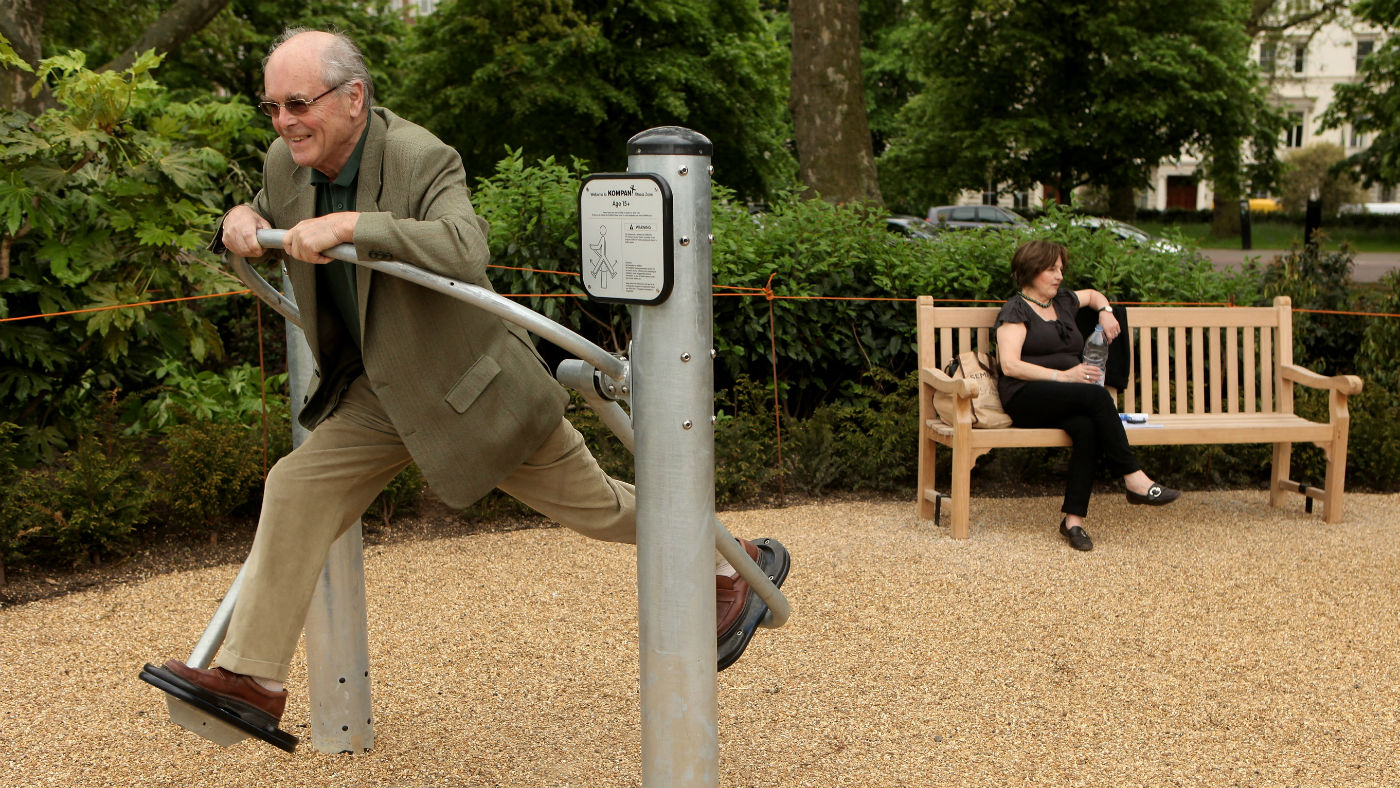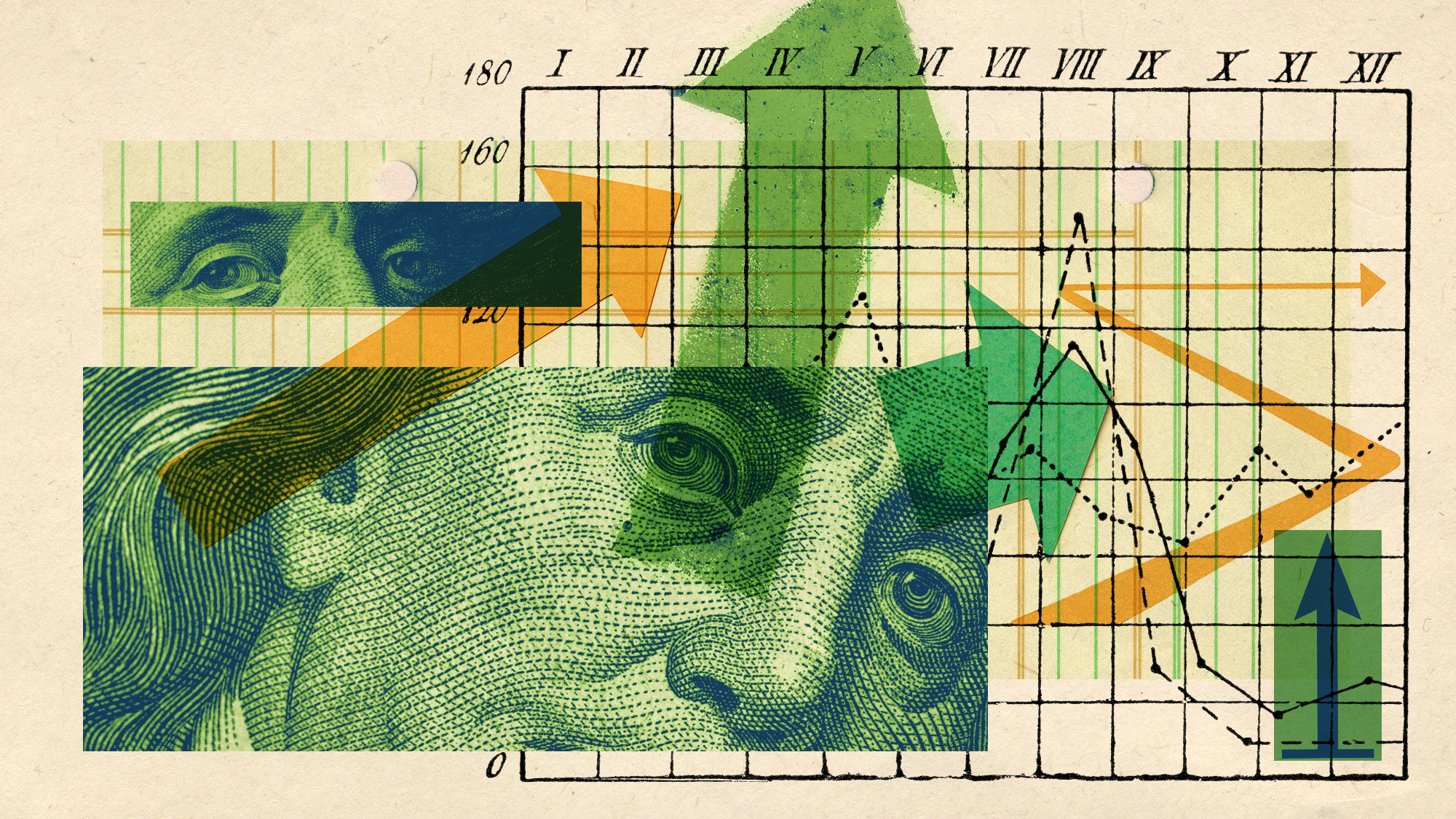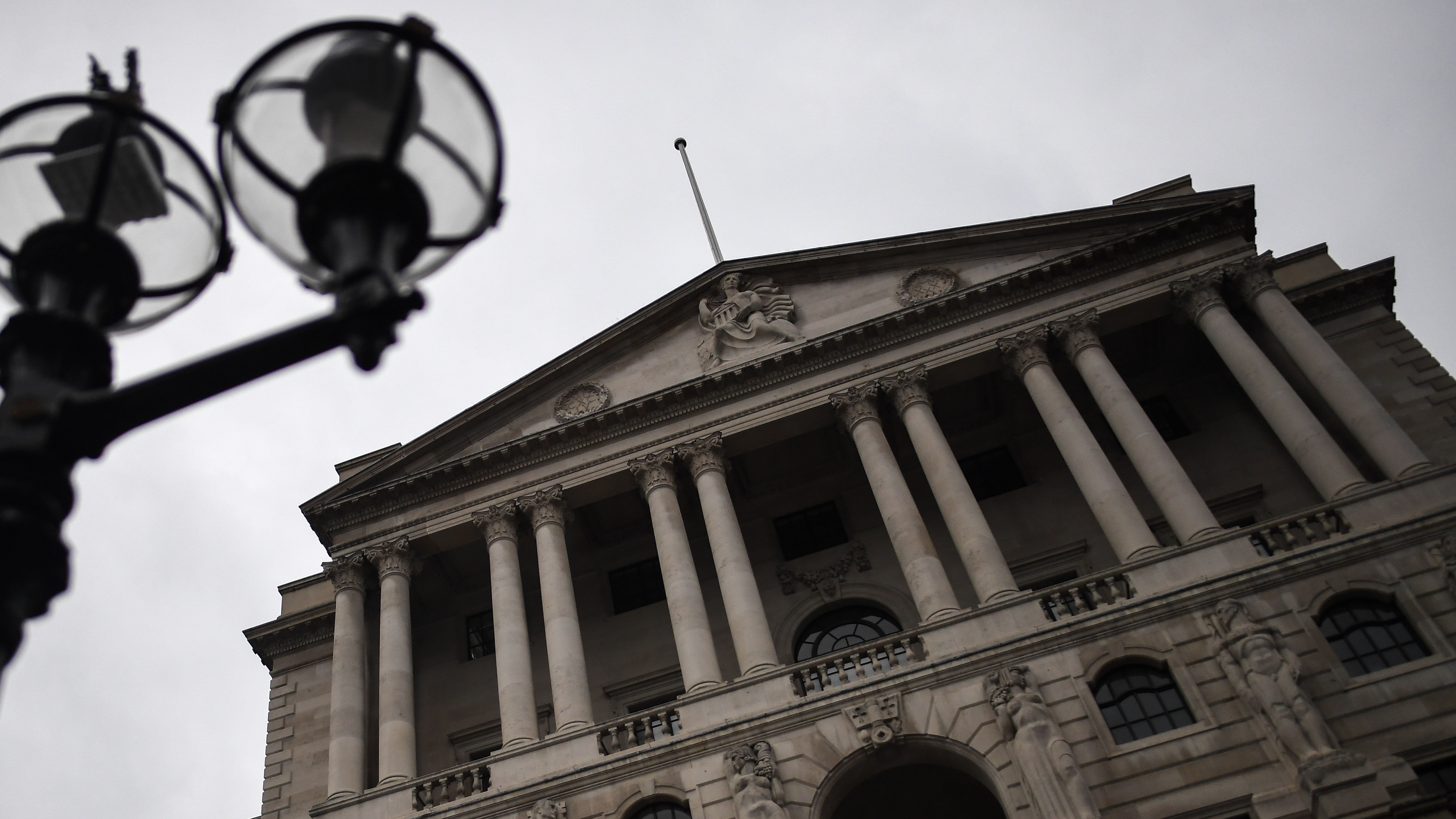Which generation is best at saving for pensions?
Millennials better than Generation X at putting money aside for retirement, although baby boomers beat the lot

A free daily email with the biggest news stories of the day – and the best features from TheWeek.com
You are now subscribed
Your newsletter sign-up was successful
Millennials are putting aside more money for retirement than the next older generation, according to a survey by the deVere group.
Clients from UK, Europe, Africa, Asia and the US took part in the poll by the financial advisory organisation. It found those born between 1980 and 1996, known as Millennials or Generation Y, put on average 19% of their income towards pensions last year, compared to 16% for those in Generation X, aged between 39 and 53.
The findings are similar to those published in a Resolution Foundation report from 2017, which found “men in their 40s will suffer a fall in their retirement incomes compared with today’s pensioners, but the generation behind them will see their incomes recover”.
The Week
Escape your echo chamber. Get the facts behind the news, plus analysis from multiple perspectives.

Sign up for The Week's Free Newsletters
From our morning news briefing to a weekly Good News Newsletter, get the best of The Week delivered directly to your inbox.
From our morning news briefing to a weekly Good News Newsletter, get the best of The Week delivered directly to your inbox.
The deVere Group founder and chief executive Nigel Green described the results of the saving survey as “both encouraging and alarming”.
“It is encouraging that millennials – often falsely stereotyped for their sense of entitlement and for being content to pay for overpriced coffees and smashed avocado on toast – seem to be better at saving and more fiscally responsible than many would have thought,” he said.
“What is alarming, however, is that Gen X… workers are not saving nearly enough in order to be able to have a comparable lifestyle in retirement. And by the virtue of being older, they have less time to build wealth before leaving work.”
Money Marketing says “increasing life expectancy, a looming health and social care crisis and growing deficits in company pension schemes as reasons to be concerned with the low levels of pension saving”.
A free daily email with the biggest news stories of the day – and the best features from TheWeek.com
In 2017, the government was accused of “creating a lost generation of people in their late 40s who will simply be unable to afford to retire” after delaying plans to roll-out “auto enrolment” until the mid-2020s.
“Some nine million workers are now saving into a pension for the first time as a result of auto-enrolment – with their payments topped up with tax relief and an employer contribution,” says This is Money, and “although they have the right to opt out, few do”.
Former pensions minister Steve Webb, said that while extending auto-enrolment, in which workers are automatically defaulted into paying into a private pension scheme, to 18-year-olds was a good idea, the proposed pace of change was “shockingly lethargic”.
By contrast baby boomers, those born in the two decades after the Second World War, on the whole face no such financial shortfall when they retire. The research by deVeres found that on average those aged 54 to 74 put more than a third (35%) of their income aside for when they stop working.
Often known as the wealthiest generation, baby boomers have consolidated their position through “soaring property prices, inheritance and the prevalence of final salary pension schemes”, says Charlotte Ransom, chief executive and founder of Netwealth.
Analysis of the latest official data from the Office for National Statistics has revealed the extent of inter-generational inequality in the UK.
Those aged over 65 have experienced the greatest increase in their household wealth over the past decade, with a rise of 96%.
This group has seen their share of total UK household wealth soar to 36% since 2006, with one in five UK over-65s now classed as millionaires.
The Financial Times says “the wealth disparity has given rise to Bomad — the bank of mum and dad — with one recent survey estimating that parents helping with property deposits are behind up to one in four transactions in the UK”.
-
 6 of the world’s most accessible destinations
6 of the world’s most accessible destinationsThe Week Recommends Experience all of Berlin, Singapore and Sydney
-
 How the FCC’s ‘equal time’ rule works
How the FCC’s ‘equal time’ rule worksIn the Spotlight The law is at the heart of the Colbert-CBS conflict
-
 What is the endgame in the DHS shutdown?
What is the endgame in the DHS shutdown?Today’s Big Question Democrats want to rein in ICE’s immigration crackdown
-
 Six ways to boost your finances in 2026
Six ways to boost your finances in 2026The Explainer It’s not too late to make a new year’s resolution to finally get organised money-wise
-
 The financial impact of returning to work in later life – should you 'unretire'?
The financial impact of returning to work in later life – should you 'unretire'?The Explainer Many people return to the workplace after retirement age, but what could it mean for your finances?
-
 The great wealth transfer: who stands to gain?
The great wealth transfer: who stands to gain?Under the radar Millennials are forecast to inherit a fortune but are they qualified to handle sudden riches?
-
 State pension underpayments: are you getting the right amount?
State pension underpayments: are you getting the right amount?feature Hundreds of thousands of women may have received less than they were owed
-
 Early retirement: what is the ‘FIRE’ movement?
Early retirement: what is the ‘FIRE’ movement?feature Younger workers are aiming to quit the workforce early through extreme saving and investment
-
 How women can bridge the gender pension gap
How women can bridge the gender pension gapIn Depth New figures have shown the extent of the problem for women in retirement years
-
 How to plug the pension gap by buying National Insurance credits
How to plug the pension gap by buying National Insurance creditsfeature A temporary change in the state pension offers a ‘golden opportunity’
-
 Are UK pensions safe?
Are UK pensions safe?Today's Big Question Bank of England governor says its debt market support must end – but the multi-billion-pound scheme could be extended